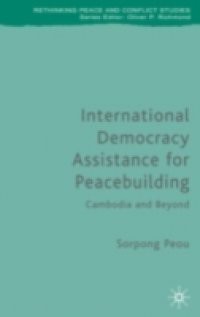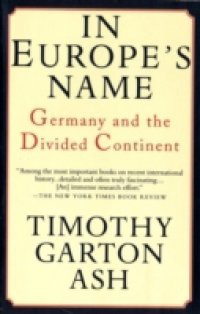International Democracy Assistance for Peacebuilding seeks to explain why international donors may succeed in putting war-torn countries on the path of democratic transition and negative peace, but fail to consolidate the gains they make. Cambodia provides an excellent example for peace builders: the international donor community spent billions of dollars rebuilding the country between 1992 and 2006, but democracy remains unconsolidated and may even be receding towards 'electoral dictatorship'. Critical of neo-liberal institutionalism, this book advances a theory called 'complex realist institutionalism' to explain the limits of international democracy assistance to post-war societies. Institutions matter if they are strong, but institution building is complex and extremely difficult. Institutional weaknesses allow elites to violate the democratic procedural rules, principles, and norms of the political game. Sympathetic to, but not uncritical of, historical and normative institutionalism, this book reveals the structural constraints and impediments that interfere with the process of democratic consolidation.



















